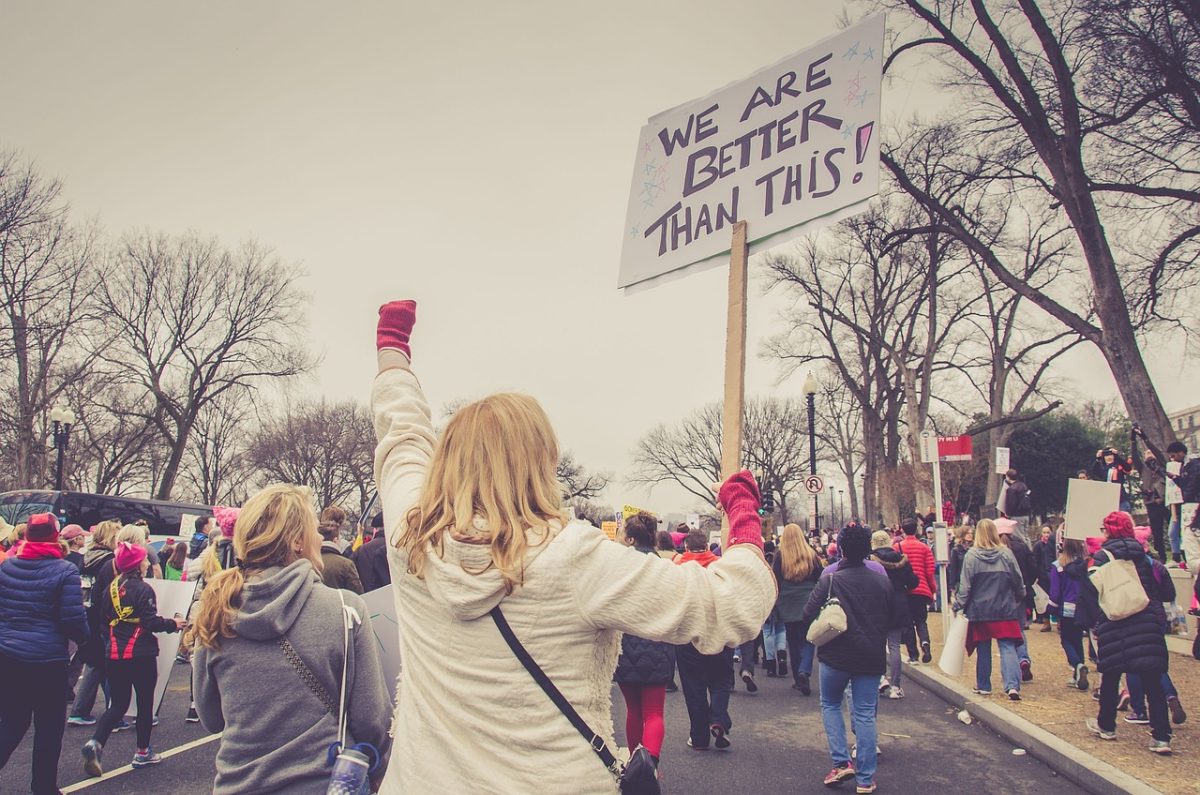Donald Trump’s presidential term was a historic one for the worst reasons. His presidency was marked by turbulence and controversy, from a humanitarian immigration crisis to constant instances of blatant racism and sexism. As the 2024 election draws closer, political campaigns have started to pick up speed. The emerging frontrunners include incumbent Joe Biden, as well as newcomers such as Florida Governor Ron DeSantis, entrepreneur Vivek Ramaswany and former South Carolina Governor Nikki Haley. Unsurprisingly, the question of Trump’s potential candidacy resurfaces at the forefront of the discourse. His defeat in the last election was followed by a string of electoral fraud claims, and more recently, a total of 34 felony counts. Faced with three separate indictments, Trump is set to face a jury in 2024, the same year he may be up for election. As all of these events unfold, doubts continue to arise over Trump’s fitness for office. This debate preceded an even more pressing question: is Donald Trump still eligible for candidacy?
The common opposing viewpoint is that an individual facing felony counts and multiple indictments cannot be fit for the highest office in the United States. After all, the chief role of the president is to effectively lead the country and uphold its laws. His supporters, however, argue that Trump must be included on the 2024 ballot as he is legally entitled to run. This argument, however, may no longer be true. Section III of the 14th Amendment states that no one who has “engaged in insurrection or rebellion” or “given aid or comfort to the enemies thereof” is permitted to hold public office. The clause becomes relevant in light of the Jan. 6, 2021 riots at the Capitol building, an insurrection carried out entirely by Trump’s supporters. While Trump did respond to these attacks, his response was indirect and dangerously delayed, calling the mob “special” and feeding into its fanaticism and vitriol. According to NPR, prior to Jan. 6th, he made incendiary comments to his supporters, such as “We fight like hell!” and “I know that everyone here will soon be marching over to the Capitol building to peacefully and patriotically make your voices heard.” These comments were a direct signal encouraging the extremists within his supporter base to turn to violence, undermining the American electorate and democratic process. Through his aggressive rallying and baseless rhetoric, Trump perpetuated claims of election fraud and encouraged his supporters to mobilize in a form of protest against a legitimate election result.
Trump played a direct role in orchestrating the Capitol riots and, afterward, failed to adequately condemn the actions of these insurrectionists. He has continued to promote violent civil disobedience among his supporters, fostering dangerous aspersions against American laws. Trump’s inclusion on the 2024 election ballot would be a direct violation of the Constitution, jeopardizing America’s ideals and its already uncertain future.










































